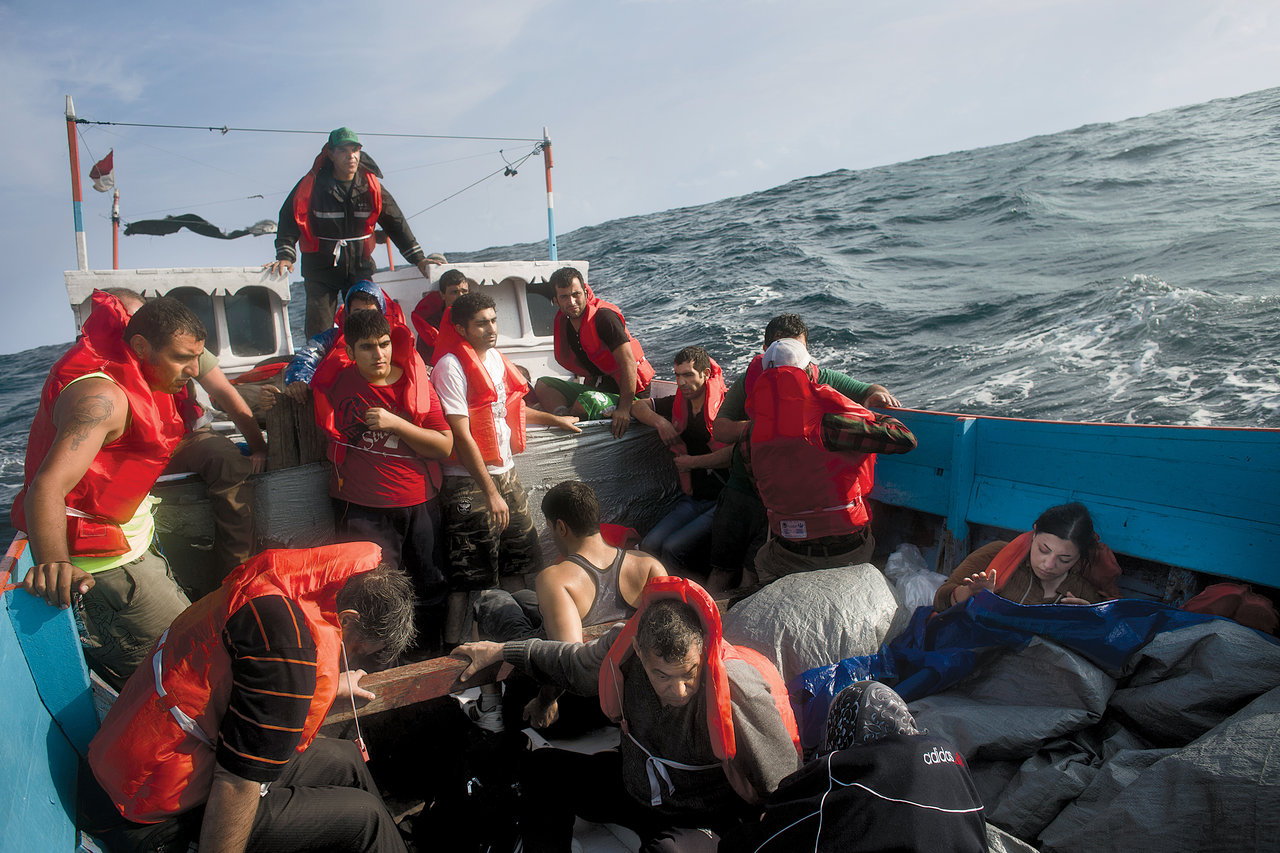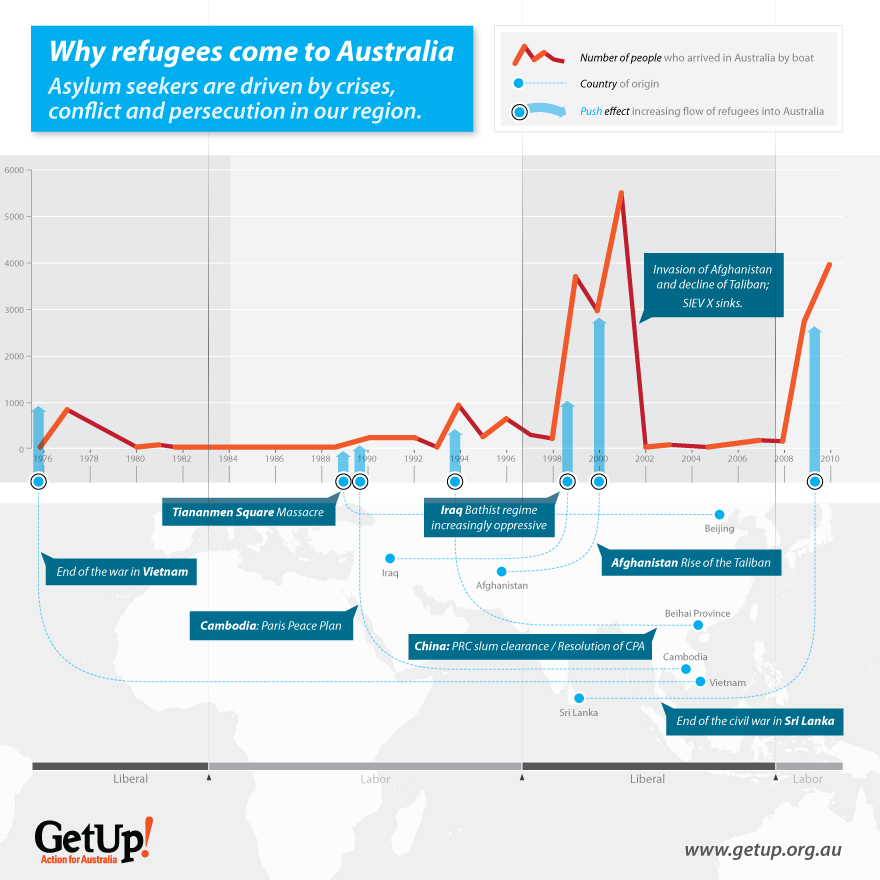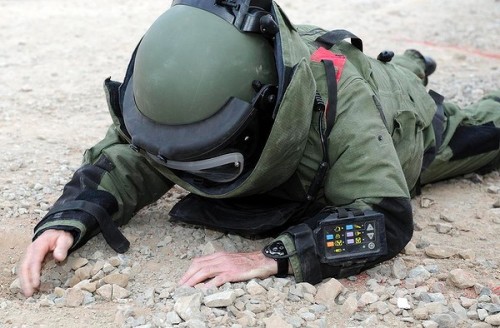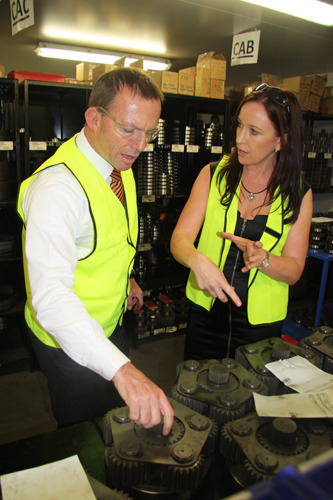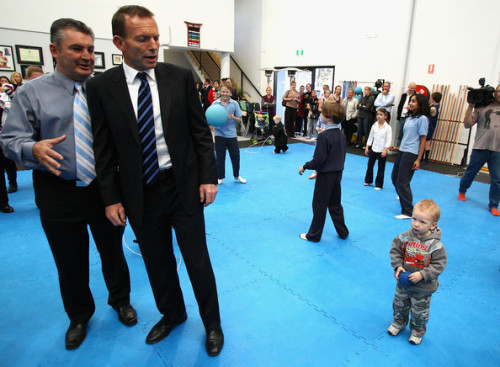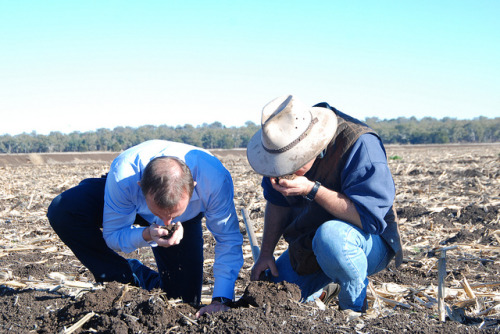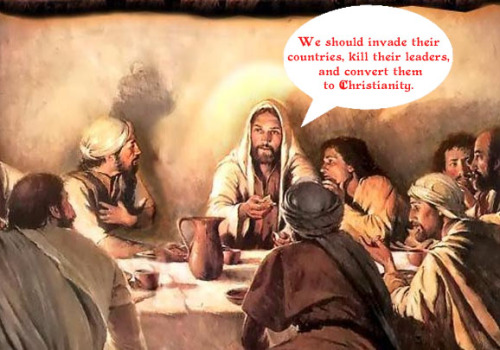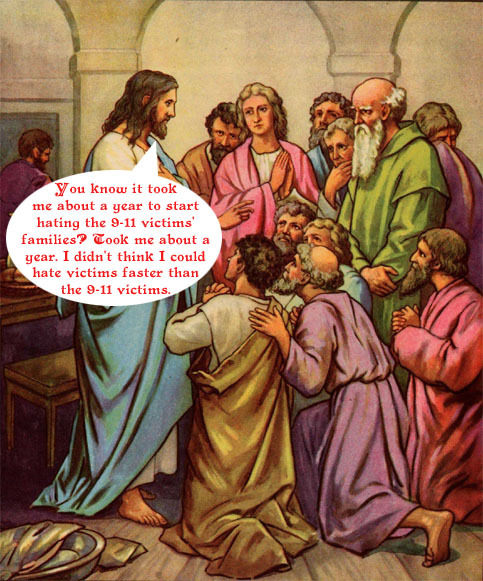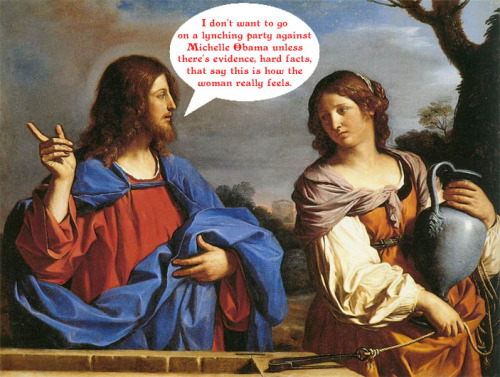“People of Rome, we are once again free!” —Brutus, after the death of Caesar

Image: Carl Theodor Von Piloty, Caesar’s Death, via Wikicommons
I keep reading that the problem with Aussie politics is politicians keep turfing/knifing/assassinating one another without going to the people for a vote/voice. I keep hearing media pundits who are angry about leadership changes, but don’t acknowledge the blood on their own hands. Like Karl, in these two clips from the Today Show this morning.
https://www.youtube.com/watch?v=bvnapHMSUiU
https://www.youtube.com/watch?v=TnMm7JFpZq0
I keep hearing politicians blaming the media. But I’m pretty sure this is a problem with the vox populi. The voice of the people. It’s too loud. It’s too selfish. It’s too powerful. And both the media and our politicians — people who should know better, and should have roles to uphold in public life — are too reactive to this voice. And not active enough in calling us, the public, to match our voice with actions. To do more than just sit on the couch and (loudly) express our discontent as we consume media, which exists, at least in part, to fuel our desire to consume our politicians. It’s a vicious cycle, and this viciousness is at least, in part, our fault.
I think the problem is that our voice is now too loud. It’s amplified by social media, by polling, by a media that increasingly makes us part of their coverage (check out the number of news stories featuring impromptu vox pops via Twitter, or report on discussions on social media as though they are substantial, or required for substantive coverage of a complex issue).
There’s a certain amount of the 5 Prime Ministers in 5 years story that is down to political opportunists within their parties — but most would be leaders want to lead, and have some sense of how that leadership should happen. Rudd and Abbott were both, in some measure, brought down because they concentrated too much power in the hands of an unelected few — their staffers — at the expense of their elected colleagues. Both parties appear to play a game predicated on holding on to government, rather than governing well. But they can be excused for doing this, because our political parties, and parliaments, are actually full of people who’ve put their hands up and said “we want to make a difference” and “we believe in something” and power in a democracy is fundamentally based, and held, on providing good government. Or so it should be. People who want power for power’s sake either already have billions of dollars, and treat parliament with contempt, or they get weeded out by the system. I’ve met quite a few politicians from local, state, and federal politics — as a trainee journalist, in my role with an economic development lobby group in North Queensland, and through various connections — and just about every one of them, from all sides of the political spectrum (including Bob Katter) have been more than decent. They’ve been people of character and virtue seeking the good of their neighbours according to their ideologies. You wouldn’t know it from our media, or from the public perception of politicians — but I think public perception drives the way politicians are portrayed in the media as much as the media drives public perception of politicians. Plus. We make it so difficult for politicians that they constantly walk on egg shells, we nail them for deviating from whatever script we think they should be following, and then complain that they’re ‘robotic’ or ‘inauthentic’… We also tend to believe that government, managing the competing priorities of individuals and community groups, and managing an economy, is simple. I’ve been guilty of this myself.
Why is it that making good decisions and making popular decisions seem to be at odds when they should be synonymous? It’s that we, the people, are typically driven by one agenda. Selfishness. It’s almost politically impossible to bring in unpopular policy that is good policy. And part of that impossibility is the 24 hour news cycle (and its in built cynicism about people who hold public office). This news cycle bombards us with story after story about policies that potentially come at our cost. And so, opinion turns. With social media we don’t just get the media we deserve, we create it. People share outrageous things, and express outrage, as a default.
But good government costs us, and it requires selflessness, rather than selfishness.
We’re facing a population that, on average, will be much older than populations of the past. We’re unhealthier than ever because we stuff our faces with convenient junk food. We are selfish with our money and don’t want to pay more tax in order to pay down spiralling debt. We want government spending on quick fix solutions, or entertainment precincts, where we see an immediate benefit rather than long term infrastructure projects. These problems require tough solutions that come at our cost. But try selling those to the electorate. As Ross Gittins says, we’ve become a nation of selfish contradiction.
People lay the blame for our political unrest at the feet of the media, there was a hint of that in Tony Abbott’s gracious concession speech, but the media is feeding a demand that we create. We buy more, watch more ads, and engage more when there’s a hint of blood than we do when things are business as usual. My Facebook feed last night is evidence of this.
Your voice has not been taken away. Sure, you might never have been polled personally, but polls work because they reflect the people who respond to them, and they get responses from enough people (though only around 6% of people who are asked, are prepared to respond) to give an accurate picture of public opinion. And if it’s not accurate, that’s probably as much the fault of the 94% of people who don’t care enough to respond when polled. Having your voice heard might start with never saying no to an opinion poll, even if the call comes at dinner time.
Even without polls. You have a voice all year around. It’s not just contained in the very small percentage of people who are polled, so that the media know who we want in office. You know what speaks louder than polls? Being active in public life. Writing letters. Calling talkback radio. Speaking out. Serving. Volunteering. Joining a party and becoming part of the process of forming policy. Working in the public service. Meeting your local member. Loving your local member, regardless of ideology. Thanking them for serving you even if the knife is never far from their back, and the electoral precipice that we’re so keen to tip them over, is never too many steps ahead.
Our say has never been taken away. It’s been amplified. Our political turmoil is a reflection of politicians who react too quickly to public sentiment, and a media that is getting really good at quickly gauging public sentiment, but also increasingly good at shaping it. Stop being shaped by the media and start shaping it. Read beyond your circle. Selflessly pursue truth, and share it. Share ideas you disagree with, with grace and charity, not just to show how engaged and superior you are to those who are governing. Be charitable to people on both sides of the political divide rather than immediately, and naively, adversarial. Converse. Find common ground. Try to understand why people hold ideologies other than your own. This stuff isn’t rocket science, but our public square, and the players in it (increasingly including us via social media) are actively working against these ends.
Until we make it clear that we don’t actually want to be governed by a popular politician we’re going to be increasingly subject to a media (and a social media) that is increasingly reactive, and increasingly able to quickly take the whimful pulse of an Australian public. We’re not just driven by whims, we have short attention spans, we love outrage and controversy. We’re fickle. We turn against people quickly on the basis of what we read in the media — be it traditional media, or social media — that has a vested interest in serving us up material that conforms with our ideology (whether we pick our media outlet, or a social media algorithm picks who is serving us up content), and wants to keep us outraged because outrage is sexy, and it sells.
We need to break this cycle which is, at every level, built on the selfishness of the public. Politicians can’t govern well for us because we are selfish. The media caters to our selfishness and self interest because it exists to sell products, and hold an audience. And we, the audience, keep coming back. If we want our voice to be heard in the public square, maybe its time we earned it by working for the good of the public, not our own good? Maybe it starts with a better public square. A better conversation. Maybe it starts with this idea the ABC’s Scott Stephens shared at a recent conference on Faith and Public Office.
Could it be that the role of the church (and the public broadcaster?) is not so much to be one ideological warrior among many, but the shepherd/keeper of the moral ecology of the public square itself. The defender of whomever is excluded from the public square itself.
This idea was caught up with giving the public voice its proper place, and including the excluded voices from that public voice. But Stephen’s vision for the public square went beyond this, it involved a move from the sort of public square that relies on people reflecting the public’s already entrenched (selfish) views back at itself to reinforce them. It involved stepping beyond cynicism into the realm of the imagination, fanning our ability to imagine and work towards something better than we have, rather than just trying to toss out stuff we don’t like. The problem with how things currently play out is that our media reflects our self interest. Stephens expanded his vision for this virtuous public broadcaster with the below, but social media might give us this opportunity. Instead of being an opportunity for more of the same, just without the code of ethics and the professionalism of the mainstream press, these aren’t direct quotes, they’re notes I belted out as Stephens spoke, but they do articulate a picture of something better that we might be a part of:
Is it the role of the broadcaster to give people a vision of what they already think on whatever device they want. The moral responsibility of a public broadcaster has to be something larger than that.
More than any other thing, cynicism is killing us. Doubt. Secularism. Forget those. Cynicism is killing our common life. Our inability to trust one another and look for and hope for the best from our public figures is destroying the bonds that ought to hold us in common.
All journalists want their watergate moment. Changing your mind is condemned as a betrayal of public trust. We are killing the ecology of the public conversation. It’s not vested interest that is corrupting public life. It’s lack of imagination. It’s laziness. It’s the inability to have our imagination stimulated by a desire for something more.
Maybe if we start modelling this our politicians will listen, and so too, will the media. Maybe we should, whether we’re part of the church or not, take on this picture of a virtuous contributor to the public square. We have an opportunity via social media to be a new kind of public broadcaster…
Maybe the first step is being comfortable with silence. Using it to contemplate, rather than looking to fill it with arguments and new information that we assess through the prism of our selfish, unimaginative, hearts. The things we tend to imagine, at least in my experience, tend to be caught up with our own self interest, and our idols, rather than the common good and what such a good will cost us (though the common good, itself, can be an idol).
It’s not just our politicians and our press that have blood on their hands. We do too.
23 stab wounds create a fair bit of blood, so you can imagine that as Brutus proclaimed a freedom the Roman people hadn’t asked for, in the aftermath of the assassination of Caesar, he had pretty bloodied hands. Unlike the people of Rome who locked themselves in their houses when Caesar was deposed, and disposed of, because they didn’t want responsibility for his death, we locked ourselves in our own houses last night to watch the execution of a leader. With popcorn. And pithy insights. The blood is on our hands because the assassination, in part, was of our making. A product of our selfish, fickle, hearts, and the self-interested, fickle, public square this creates via the media and political scene that sets itself up and operates according to our whims.
But let’s, for a moment, imagine a different way forward — a different path to freedom. A different sort of blood on our hands.
People of Australia, we won’t be free until we stop crying for blood, we won’t be free until we’re prepared to start spilling our own blood for others.
Those of us who follow the crucified king have a model for a contribution to public life that involves blood on his hands, and our own. And it’s not through the knifing of others. It does involve the death of a king though — and its in this death, and this story, that we see what it might actually cost us to break the hold of selfishness on our hearts, and our minds. It’s this model of open-handed, sacrificial, love that will undo our grasping, and get our hand off the knife. The great irony, of course, is that the execution of Jesus was an example of grasping human hands wanting to usurp the rule of God, and it was an expression of those grasping hands at the start of the Bible, in Eden, that reached out, again, to push God from the picture. Grasping like this is part of the human condition. It shouldn’t surprise us to find the blood of a leader on our hands because we don’t like tobe lead. Selfishly, we love our autnomy. We’ll kill for it — and we’ll end careers for it. It’s why we have blood on our hands. It’s why we grab for the knife. It’s why politics in our country is a fraught business. And it’s why something’s got to give. We’ll always have blood on our hands — the choice is whether its someone else’s, taken for our own good, or ours shed for the good of others, just as his blood was shed for us. The suffering servant, the one who gives of himself, and his comfort, for the sake of others, is a famous picture from Isaiah the prophet in the Old Testament that very clearly describes Jesus, is the real “shepherd of the public square” and keeper of the moral ecology.
But he was pierced for our transgressions,
he was crushed for our iniquities;
the punishment that brought us peace was on him,
and by his wounds we are healed.
We all, like sheep, have gone astray,
each of us has turned to our own way;
and the Lord has laid on him
the iniquity of us all. — Isaiah 53:5-6
It’s in Jesus that we see this play out. In his approach to power, in his failure to ‘grasp,’ in his being bloodied on our behalf. This is the pattern we might follow if we want to end the bloodshed, and change the public square for its good, at our cost. It is, too, how we might come close to solving some of the big political dilemmas of our time. Dilemmas created by human selfishness. Because its where we see love that brings freedom in all its bloody-handed fullness.
Have this mind among yourselves, which is yours in Christ Jesus, who, though he was in the form of God, did not count equality with God a thing to be grasped, but emptied himself, by taking the form of a servant, being born in the likeness of men. And being found in human form, he humbled himself by becoming obedient to the point of death, even death on a cross.— Philippians 2:5-8
